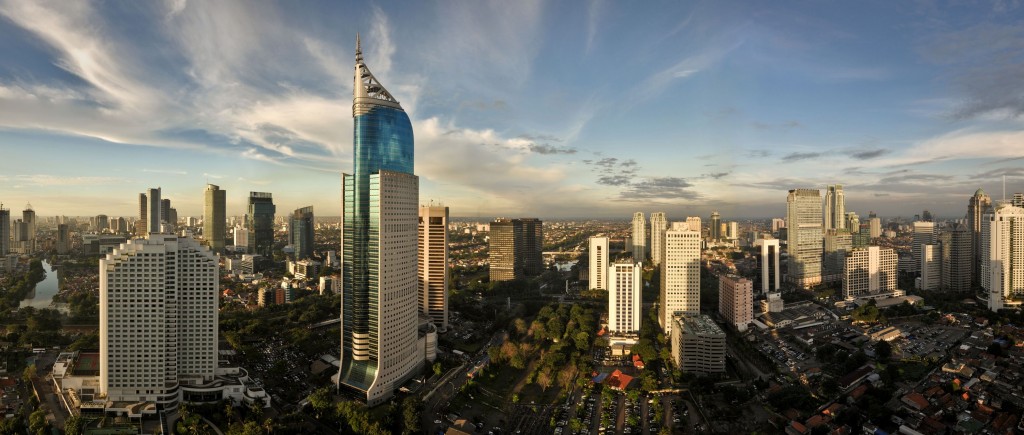Asia-Pacific: Inadequate funds for HIV help for gays
Colin Stewart is a 45-year journalism veteran living in Southern…
The Jakarta Post in Indonesia, reported yesterday on the recent report by the World Health Organisation that urges nations to put key populations at the heart of their HIV/AIDS response. In the article, an activist comments there is inadequate financial resources allocated by most countries in the Asia-Pacific region. While this article does refer to MSM, it fails to detail what are the key populations as defined by UNAIDS.
“This term describes populations disproportionately impacted by HIV when compared with the general population. While this may vary according to local epidemic dynamics,
principally this describes gay men and other men who have sex with men, women and men who inject drugs, sex workers and transgender people.”
While Indonesia proper does not have anti-gay laws, Aceh Province and South Sumatra have adopted Sharia law within their boundaries.

The Post reported :
“Countries must recognize that key populations most vulnerable to HIV must be reached urgently to achieve the United Nations Programme on HIV and AIDS (UNAIDS) fast-track targets by 2020, with the aim of ending AIDS by 2030, the World Health Organization (WHO) has said.
WHO regional offices for Southeast Asia and the Western Pacific say communities most vulnerable to HIV need to be equal partners with governments in responding to the epidemic.
WHO Western Pacific regional director, Shin Young-soo, said the epidemic was rising quickly and was concentrated in key populations, although HIV numbers had fallen in some countries.
“Less than half of all HIV positive people across Asia and the Pacific are aware of their status, and less than half of those who need antiretroviral drugs are taking them,” Young-soo said Wednesday.
“Closing the HIV testing and treatment gaps can improve support and access to lifesaving medicine for those in need. Otherwise, we may not aspire to the global goal of ending AIDS by 2030,” he went on.
WHO data shows that nearly one million people were living with HIV in the Asia-Pacific region in 2013, or about one-sixth of the global burden. The regional HIV burden is the second highest after sub-Saharan Africa with an estimated 350,000 new HIV infections in 2013.
WHO Southeast Asia regional director, Poonam Khetrapal Singh, said there had been effective partnerships between health systems and key populations that led to greater access to HIV testing and lifesaving treatment, increased domestic resources for HIV/AIDS programs and reduced stigma and discrimination.
“A collaborative approach results in better health outcomes. A prime example is WHO’s consolidated guidelines on HIV prevention, diagnosis, treatment and care for key populations, where significant input was provided by the key populations themselves,” she said.
Midnight Poonkasetwattana, executive director of the Asia Pacific Coalition on Male Sexual Health (APCOM), said HIV was devastating communities, and the statistics were frightening. The coalition advocates greater resources, research and a rights-based approach to HIV and other issues affecting men who have sex with men (MSM).
“Nine out of ten new HIV cases in Manila involve MSM. One out of three MSM in Bangkok is HIV positive. Most of China’s new HIV cases are MSM. Young people are especially at risk. […] we don’t see adequate investment in most countries,” Poonkasetwattana.”
Click this link for all articles on Indonesia at our blog, 76Crimes.com.
Related articles
- World health agency: Fight AIDS by repealing anti-gay laws (76crimes.com)
- Beyond the Rhetoric: Implement Proven Community Strategies to Fight HIV/AIDS (doctorswithoutborders.org)
- UN on anti-gay laws: 2013 hate from 1800s prejudice (76crimes.com)


